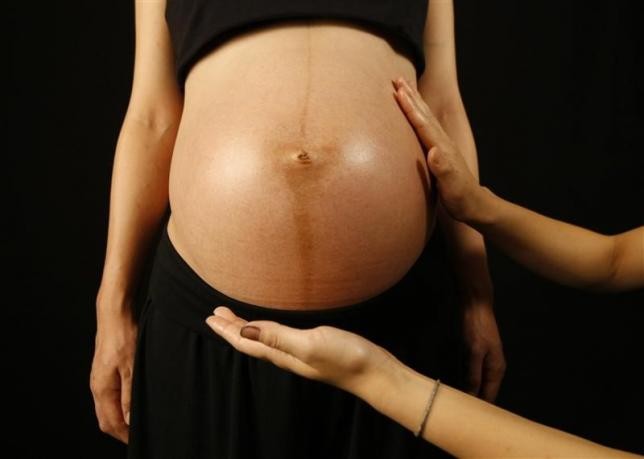WHO is warning pregnant women not avoid C-section operations if not required because it carries high chances of developing health complications not only for the baby, but also the mother.
Two new studies are showing that C-section procedures do not really improve mortality rates, even if it saves lives in countries that it accounts for over 10 percent of the total births. For instance, the National Institute of Healthcare and Clinical Excellence said that a caesarean operations have a higher risk of putting the baby in intensive care, extending the mother's recovery time, hysterectomy and even worse, a cardiac arrest.
WHO said that C-section can put both the life of the mother and the baby in danger if it is performed without urgent medical need such as a life-threatening situation, according to Time.
The only time that a caesarean section operation is needed is when delivery via the vagina is not possible or highly dangerous. The average C-section birth rates per country is around 10 to 15 percent.
Dr. Marleen Temmerman, WHO Department of Reproductive Health and Research director, said that the findings of the new study highlights the value of a caesarean section procedure for saving lives, but also illustrates the importance of choosing it only when direly needed.
In the U.S. alone, the c-section birth rates are around 33 percent, based on data from the WHO in 2013. Meanwhile, it is seven percent in Indonesia, 15 percent in the Netherlands, 21 percent in France and 52 percent in Brazil.
WHO recommends that physicians should only perform the caesarean surgery in a case to case basis for mothers in need, and not for achieving a specific birth date or time.



























